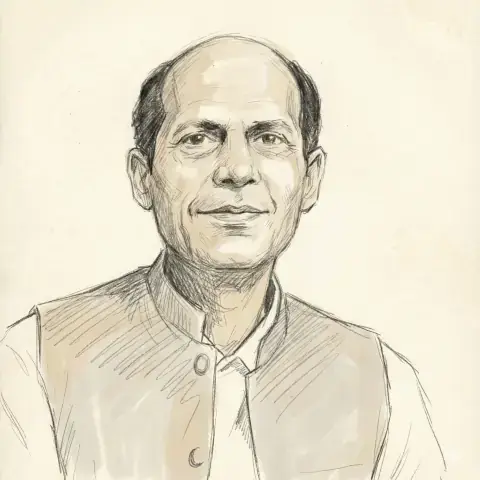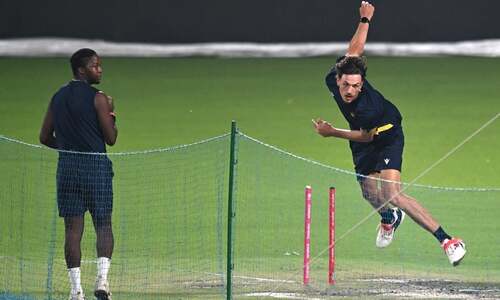ISLAMABAD: A Senate committee on Tuesday expressed annoyance over the Election Commission of Pakistan’s (ECP) act of allowing a banned outfit’s candidate to contest the recently held by-poll in NA-120 (Lahore) constituency.
The Senate Standing Committee on Parliamentary Affairs, which met here with Sherry Rehman in the chair, wondered how an election symbol had been allotted to the candidate of a banned organisation.
An official of the ECP explained that Milli Muslim League (MML) was not registered with it and it had allotted a symbol to independent candidate Yaqoob Sheikh, who was apparently affiliated to the party.
Trial results of biometric verification machines in NA-120 constituency not encouraging, say officials
An explanation on the issue had already been sought by the interior ministry.
The reply, however, did not satisfy the Senate body, with its chairperson Sherry Rehman and member Saifullah Khan Magsi pointing out that posters and banners of the candidate, who surprised many by bagging around 6,000 votes in the by-election, bore pictures of the banned group’s leaders, which brought a bad name to Pakistan.
The Senate body was of the view that the ECP should have taken strict notice of the matter. If the law required an amendment, a proposed amendment should be presented to parliament.
Ms Rehman said the chief election commissioner should explain in the next meeting of the committee how an election symbol was allotted to the representative of a banned organisation.
The ECP officials informed the committee that results of the test run of 100 biometric verification machines (BVMs) at 39 polling stations of NA-120 were not encouraging as the machines failed to read fingerprints of 12 per cent of the voters.
The committee was told that there were over 50,000 enrolled voters in the areas covered by the polling stations where trials of the biometric machines had been conducted.
As many as 22,181 voters used the BVMs and the machines were able to verify fingerprints of 19,520. So the machines were unable to read fingerprints of 2,646 voters — or 12 per cent of the people who used the technology.
“If this ratio is taken as an average, the machines will not be able to verify 11.6 million voters out of 90.7m registered voters across the country,” an ECP official said.
He said the ratio of unverified voters would likely go up if the machines were used in rural areas where skin diseases and unclear ridges of thumbs and fingers were more common due to the laborious nature of the people’s work.
The ECP suffered a major setback last month when the National Database and Registration Authority (Nadra) informed it that it did not have fingerprint record of more than 29,000 voters in NA-120, which had as many as 321,786 registered voters, forcing it to abandon the plan to test electronic voting machines (EVMs) in the constituency.
The committee was told that EVMs would be tested in the upcoming by-poll in NA-4 (Peshawar) scheduled for Oct 26.
The committee was told that introduction of EVMs and BVMs in the general elections would require investment of a whopping Rs90 billion.
Published in Dawn, September 27th, 2017
































